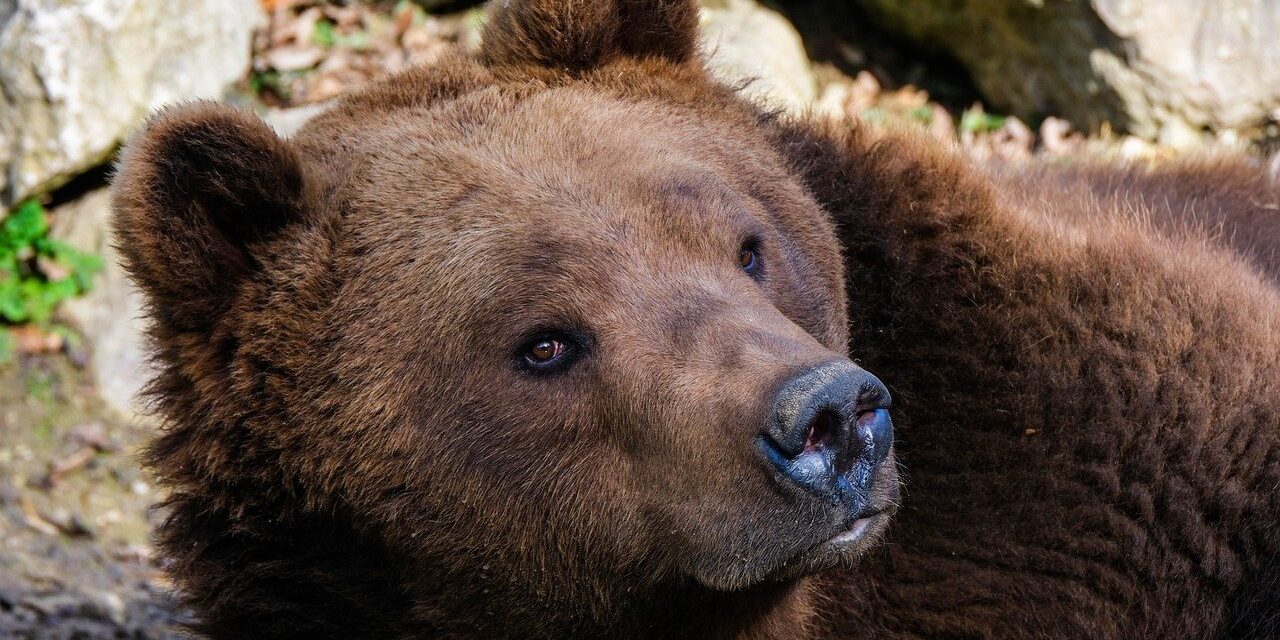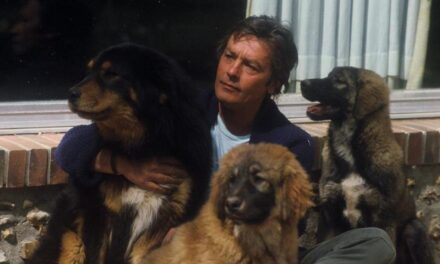While the conflict between humans and bears poses a serious threat in Székelyföld, there is no reason to fear here, as there are many more brown bears in Transylvania.
It is not native large carnivores such as lynxes, wolves or bears that pose a real threat to humans, but ticks and mosquitoes that spread many diseases, emphasized Péter Gombkötő, the zoological officer of the Bükki National Park Directorate, who commented on the bear sighting in Miskolc.
Brown bears lived in the current territory of our country until the middle of the 19th century. The native large carnivore, which is now considered a highly protected animal, has strayed here only occasionally in the past century and a half, but in recent years there have been more and more reports of the appearance of the wild animal in Hungary.
A few years ago, the animal referred to by the locals as Mihály roamed the main street of Miskolc, on the tram tracks.
and a few weeks ago, a passer-by saw a brown bear near a playground in the big city surrounded by beech trees. In the last few days, several people in the counties of Nógrád and Hajdú-Bihar also thought they had seen the big game, and one Haláp farmer claims that the wild animal raiding his farm caused significant damage to the livestock.
These bear sightings were not confirmed by the experts in the field.
The Hortobágy National Park has not yet commented on the presence of the big game allegedly raiding Hajdú-Bihar, and the specialist of the Bükki National Park could neither confirm nor deny the report that a mature female bear had been wandering for a few weeks near the Horváth-Tető playground, since the no evaluable traces were found during the on-site investigation.
"There is nothing to support the presence of the species on Avas other than the eyewitness's indication," stated Péter Gombkötő, who, according to
no hair, feet or other genetic traces indicating the presence of a wild animal were found at the site. The recording, which was taken on site and sent to their management, cannot be linked to a bear.
The expert explained that since 2008 bears have appeared several times in the Bükk and Nógrád region, and this year the sightings were almost continuous until the end of May, but since then there has been no reliable data on the presence of the large predator.
While the conflict between humans and bears poses a serious threat in Székelyföld, there is no reason to fear here, as there are many more brown bears in Transylvania.
In our country, we can only speak of a slowly resettling bear population, whose members stay here periodically, there are specimens that live here for years and then disappear.
The zoological specialist pointed out that the size of the bear population in our country does not pose a threat to the population.
It is more typical for irresponsible people to provoke bears, thereby endangering themselves and others.
As an example, he mentioned that a few years ago during a car chase, a brown bear was chased into a residential area, the confused animal then appeared in the center of Miskolc, where it also wandered on the tram tracks, then turned up in several settlements in northern Hungary before leaving the country.
He also pointed out that many procedures related to the illegal destruction of our highly protected large carnivores have been and are currently underway.
The zoologist said that the sight of brown bears is not very sharp, but their sense of smell is excellent, they mostly eat plant food, but sometimes also carrion. They also visit the game shelters in the forest, unfortunately they can get used to the food provided by the game farmers, and as a result, the bears' fear of humans can also decrease. Footage taken abroad attests to the fact that there is usually no fight between species in the forests for the abundant food scattered around, for example, bears and wild boars feast peacefully side by side.
Regarding the lifestyle of bears, Péter Gombkötő pointed out that they can cover huge distances in a short time, they usually set out to find a mate, they often wander across national borders, trying to occupy territory and reproduce.
Males are solitary and lead a "recluse" life, large specimens stand on two legs and can be up to two and a half meters tall. Males seek the company of females only during the estrus period. If pregnancy develops after mating, the female gives birth to her litter or twins in the winter.
"The bear is a good mother, she takes care of her cubs for about two years, during this period she supervises and teaches everything to her offspring. All of this points to a lasting maternal attachment," emphasized the zoological specialist, who also spoke about the regulatory role of males (which seems cruel to the human eye), as males are able to kill bugs in order to force their mothers to mate, as well as intra-species selection. can be observed in the case of the bear.
According to the specialist, the chances of meeting a bear face-to-face in the Hungarian forests are small.
On the website of the Bükki National Park Administration, hikers and farmers are provided with a number of tips in order to prevent conflict situations related to large carnivores. If you happen to meet a bear, don't look it in the eye, don't turn your back on it, don't try to run away because it's faster than us, don't try to take a close-up picture, don't feed it - experts recommend.
"The first and most important golden rule is not to deviate from the designated forest paths during the excursion, since the human-smelling environment of the tourist roads already provides a kind of protection. By following this rule, we are already taking a very serious precaution to protect ourselves," advised Péter Gombkötő,
who emphasized that the bear is not a toy, but a wild animal, but the real danger to humans is not large carnivores returning to our country, such as lynxes, wolves or bears, but bloodsuckers, including mosquitoes and ticks, which spread many dangerous diseases.
Péter Gombkötő emphasized that bears, lynxes and wolves lived centuries ago in our country, and nature conservation experts welcome the return of these native species.
While exotic species released by irresponsible livestock keepers can pose a threat to the local ecosystem, the native brown bear has a place in Bükk because it fits into the fauna of the Hungarian forests.













